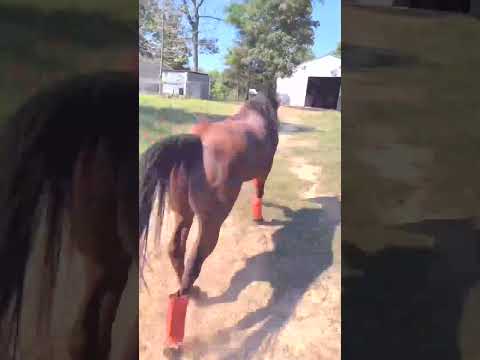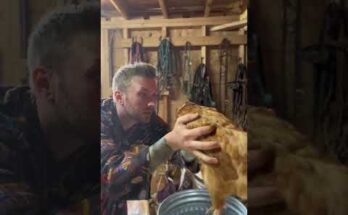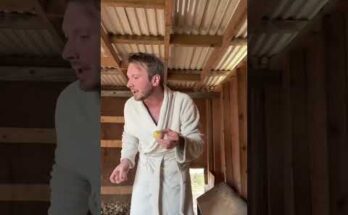And it was my off day.
The sentence echoed in the quiet of the morning, a mantra against the phantom ringing of an alarm that wasn’t set. Sunlight, thick and golden, pushed through the blinds, striping the opposite wall in a way I was never usually awake to see. On workdays, my apartment was just a series of waypoints: bed to coffee maker to door. But today, it was a space to be inhabited, to be explored in the slow, deliberate way a cat explores a sunbeam.
I didn’t rush. The coffee machine gurgled and hissed, its familiar song a welcome soundtrack to the morning’s stillness. I took my mug to the small balcony, a space usually reserved for a hurried glance at the weather. From my fourth-floor perch, the city was already in full swing. The rhythmic pulse of traffic, the distant wail of a siren, the murmur of a hundred lives intersecting on the pavement below—it was a symphony I was usually a part of, a frantic musician in a vast orchestra. Today, I was in the audience, watching the performance from a comfortable distance.
The air was warm, carrying the scent of exhaust fumes and the sweet, baked-asphalt smell of a city waking up to summer. I watched a delivery truck navigate a tight corner with surprising grace. I saw a woman walking a trio of mismatched dogs, their leashes tangled in a complex dance. These were the tiny, insignificant dramas that played out every day, the details that were normally blurred by the speed of my own commute.
After a second cup of coffee, a question surfaced, gentle and unpressured: What now? The usual off-day temptations paraded through my mind—binge-watching a new series, tackling the mountain of laundry, catching up on emails. They all felt like work in disguise. They felt like tasks to be completed, boxes to be checked. My soul, it seemed, was craving something else. It was craving inefficiency.
I put on a pair of worn-in sneakers, grabbed my keys, and left my phone on the counter, a deliberate act of disconnection. I walked out of my building with no destination, a vessel set adrift on the urban sea. I turned left where I usually turn right. I walked down a street I’d only ever driven down, noticing the intricate brickwork on a pre-war apartment building and the riot of color in a window box overflowing with geraniums.
My aimless wandering led me to a part of the city I hadn’t explored in years, a neighborhood of quiet, tree-lined streets and old, stately homes. Here, the city’s frantic energy seemed to dissipate, replaced by a settled calm. I found a small, tucked-away park, no bigger than a vacant lot, with a single, gnarled oak tree at its center. A man sat on a bench, meticulously sketching the tree in a leather-bound notebook. A young couple shared a quiet laugh on a blanket nearby. No one was rushing. No one was performing. They were simply being.
I found an empty bench and sat, feeling the warmth of the sun on my face. I closed my eyes, listening to the rustle of leaves, the distant chatter, the gentle rhythm of a world turning at its own pace. It was a profound and simple luxury. In the relentless pursuit of productivity, of getting ahead, of doing, I had forgotten the simple, restorative power of being. I had forgotten that my value wasn’t tied to my output.
I must have sat there for an hour, maybe more. Time seemed to lose its sharp edges, becoming fluid and soft. When I finally stood to leave, the stiffness in my legs was a pleasant reminder of my stillness. I walked home as the afternoon began to fade, the light turning from gold to a soft, rosy pink. The city was shifting gears, the daytime hustle giving way to the evening’s promise.
Back in my apartment, the silence felt different. It was no longer an absence of noise, but a presence of peace. The day had been gloriously unproductive. I hadn’t cleaned a thing, answered a single message, or accomplished any task of note. I had simply walked and watched and breathed. And it was enough. It was more than enough. It was everything.


